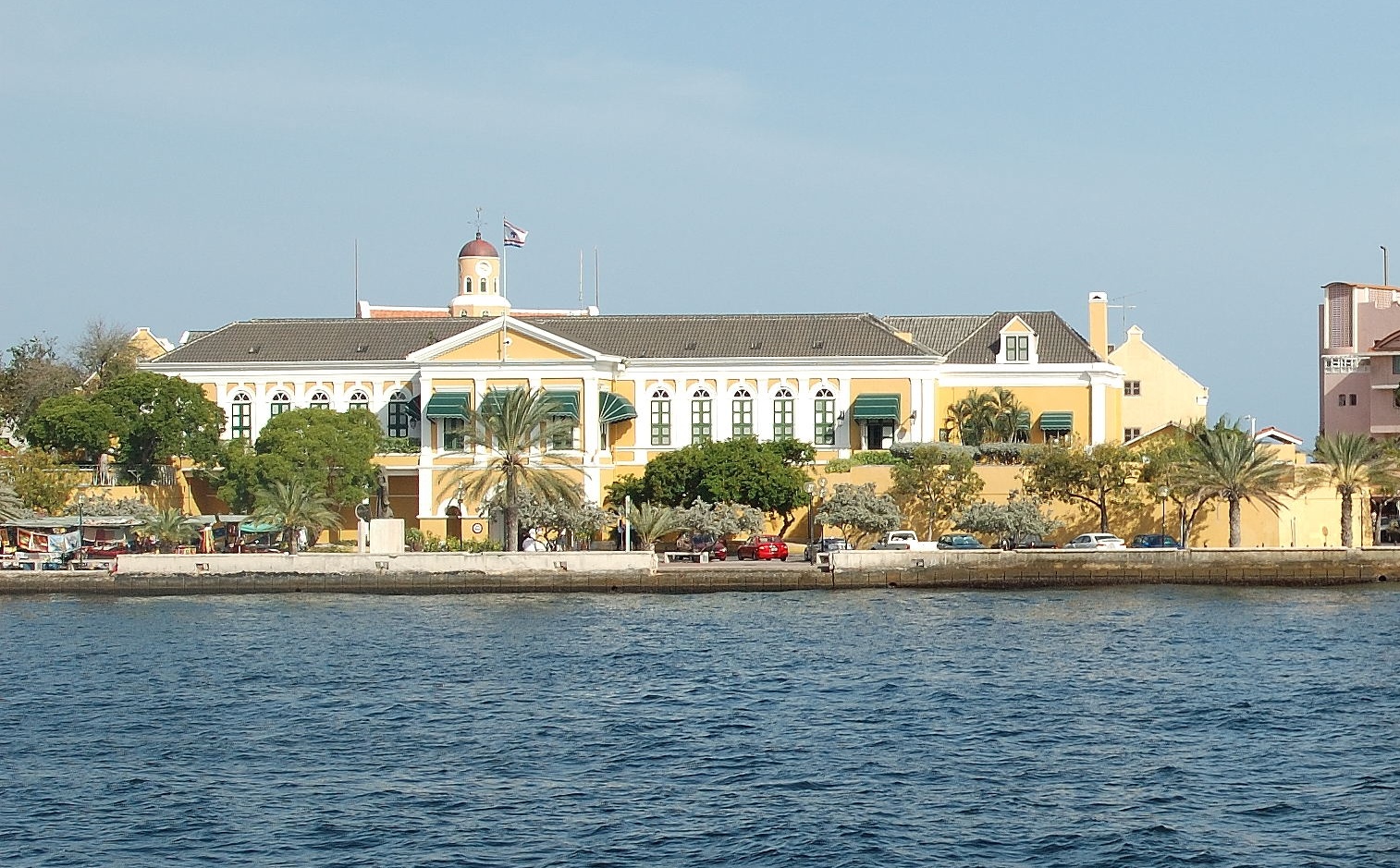|
Miguel Otero Silva
Miguel Otero Silva (October 26, 1908 – August 28, 1985), was a Venezuelan writer, journalist, humorist and politician. A figure of great relevance in Venezuelan literature, his literary and journalistic works related strictly to the socio-political history of Venezuela. Throughout his life he was repeatedly forced into exile. Later on, after the establishment of a democratic state in 1958, he was elected to the Venezuelan Senate. Early career Born in Barcelona, Anzoátegui, Otero Silva moved to Caracas at very young age to attend high school at the '' Liceo Caracas''. He later studied civil engineering at the Universidad Central de Venezuela. During this time he engaged in early literary activities, writing for magazines and newspapers such as '' Élite'' and '' Fantoches'', as well as other university publications. He also started dabbling in journalism. During the country's ''Student’s Week'' in 1928, Otero Silva formed part in a series of protests against the rule of dicta ... [...More Info...] [...Related Items...] OR: [Wikipedia] [Google] [Baidu] |
:Template:Infobox Writer/doc
Infobox writer may be used to summarize information about a person who is a writer/author (includes screenwriters). If the writer-specific fields here are not needed, consider using the more general ; other infoboxes there can be found in :People and person infobox templates. This template may also be used as a module (or sub-template) of ; see WikiProject Infoboxes/embed for guidance on such usage. Syntax The infobox may be added by pasting the template as shown below into an article. All fields are optional. Any unused parameter names can be left blank or omitted. Parameters Please remove any parameters from an article's infobox that are unlikely to be used. All parameters are optional. Unless otherwise specified, if a parameter has multiple values, they should be comma-separated using the template: : which produces: : , language= If any of the individual values contain commas already, add to use semi-colons as separators: : which produces: : , ps ... [...More Info...] [...Related Items...] OR: [Wikipedia] [Google] [Baidu] |
Journalism
Journalism is the production and distribution of reports on the interaction of events, facts, ideas, and people that are the "news of the day" and that informs society to at least some degree. The word, a noun, applies to the occupation (professional or not), the methods of gathering information, and the organizing literary styles. Journalistic media include print, television, radio, Internet, and, in the past, newsreels. The appropriate role for journalism varies from countries to country, as do perceptions of the profession, and the resulting status. In some nations, the news media are controlled by government and are not independent. In others, news media are independent of the government and operate as private industry. In addition, countries may have differing implementations of laws handling the freedom of speech, freedom of the press as well as slander and libel cases. The proliferation of the Internet and smartphones has brought significant changes to the media la ... [...More Info...] [...Related Items...] OR: [Wikipedia] [Google] [Baidu] |
Santa Ana De Coro
Coro, historically known as Neu-Augsburg, is the capital of Falcón State and the second oldest city of Venezuela (after Cumaná). It was founded on July 26, 1527, by Juan de Ampíes as Santa Ana de Coro. It is established at the south of the Paraguaná Peninsula in a coastal plain, flanked by the Médanos de Coro National Park to the north and the Sierra de Coro to the south, at a few kilometers from its port ( La Vela de Coro) in the Caribbean Sea at a point equidistant between the Ensenada de La Vela and Golfete de Coro. It has a wide cultural tradition that comes from being the urban settlement founded by the Spanish conquerors who colonized the interior of the continent. It was the first capital of the Venezuela Province and head of the first bishop founded in South America in 1531. As Neu-Augsburg, it was the first German colony in the Americas under the Welser family of Augsburg. The precursor movement of the independence and of vindication of the dominated classes in V ... [...More Info...] [...Related Items...] OR: [Wikipedia] [Google] [Baidu] |
José Tomás Jiménez
José is a predominantly Spanish and Portuguese form of the given name Joseph. While spelled alike, this name is pronounced differently in each language: Spanish ; Portuguese (or ). In French, the name ''José'', pronounced , is an old vernacular form of Joseph, which is also in current usage as a given name. José is also commonly used as part of masculine name composites, such as José Manuel, José Maria or Antonio José, and also in female name composites like Maria José or Marie-José. The feminine written form is ''Josée'' as in French. In Netherlandic Dutch, however, ''José'' is a feminine given name and is pronounced ; it may occur as part of name composites like Marie-José or as a feminine first name in its own right; it can also be short for the name ''Josina'' and even a Dutch hypocorism of the name ''Johanna''. In England, Jose is originally a Romano-Celtic surname, and people with this family name can usually be found in, or traced to, the English county of C ... [...More Info...] [...Related Items...] OR: [Wikipedia] [Google] [Baidu] |

